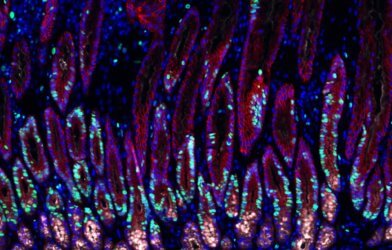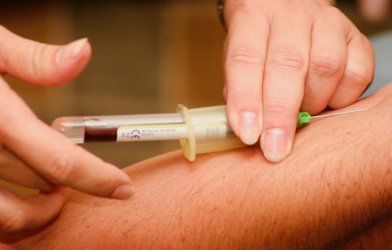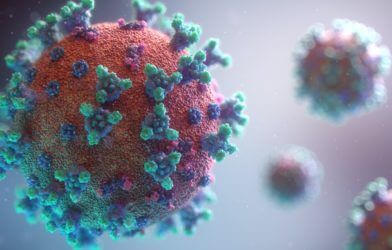
Disease Prevention


Cell research unearths new way of stopping colorectal cancer tumors from growingJuly 6, 2022

Researchers develop blood test to predict liver cancer riskJune 23, 2022

New blood test can predict severe Crohn’s diagnosis up to 7 years in advance, study findsJune 22, 2022

Infants from non-industrialized communities have more gut diversity than city-born babiesJune 17, 2022

Colorectal cancer cases in young adults are rising. Scientists blame poor gut health from unhealthy dietsJune 16, 2022

Choose water over soda: Too much high fructose corn syrup can lead to liver diseaseJune 14, 2022

New biotherapeutic protects gut microbiome from harmful effects of antibioticsJune 6, 2022

Computer-assisted colonoscopies prove better at finding potentially cancerous polypsJune 3, 2022
